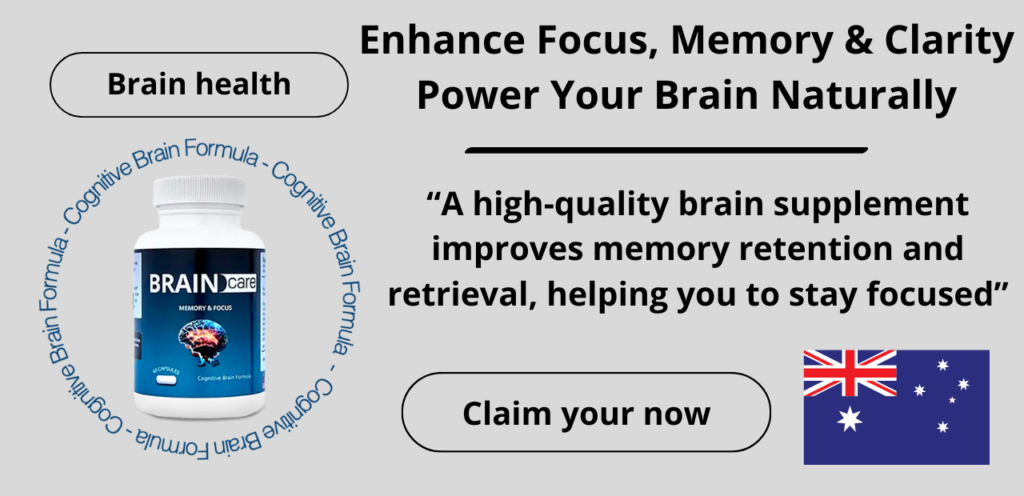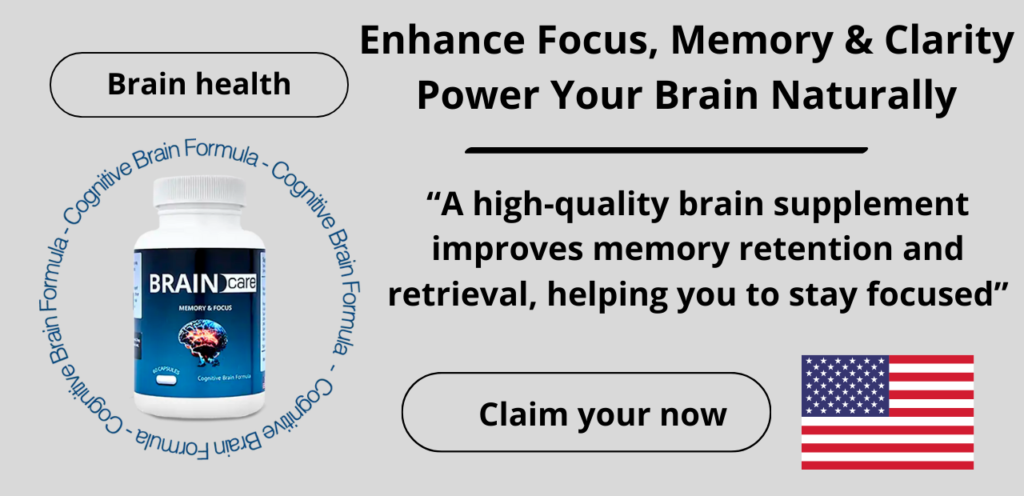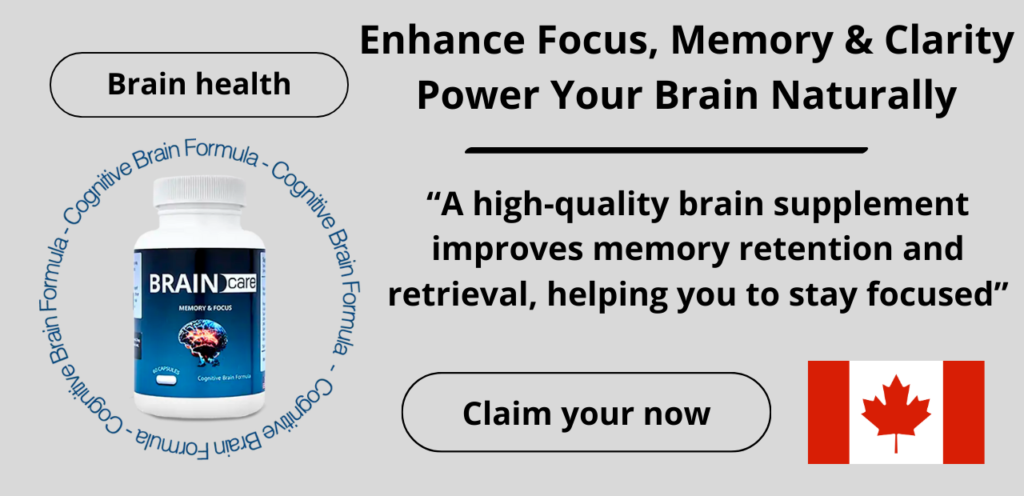“CBD: learn more about this powerful substance”

“Discover the therapeutic benefits, safety and diverse applications of Cannabidiol (CBD). Learn how CBD effectively manages chronic pain, anxiety, epilepsy and more. ”
Discussing the medicinal use of CBD cannabis is still considered somewhat taboo.
However, the truth is that today we can already enjoy many health and quality-of-life benefits provided by cannabinoids extracted from the cannabis plant.
That’s why it’s essential to demystify certain aspects and explore exactly what cannabidiol (CBD) is, how it’s extracted, and what medical conditions it suits.
If you’re curious about CBD, keep reading! We’ll cover what it is, its safety, and its role in treating chronic diseases.
What is Cannabidiol (CBD), and How Is It Extracted?
Cannabidiol, commonly known as CBD, is one of the key cannabinoids found in cannabis and is increasingly utilized for medicinal purposes.
As a non-psychoactive compound derived from cannabis, CBD has gained global attention for its therapeutic potential.
Clinically, CBD is recognized for its anti-inflammatory, analgesic, anxiolytic, and anticonvulsant properties.
It can complement or provide effective treatments for chronic, degenerative conditions or general pain relief.
CBD extraction involves a safe laboratory process, resulting in products such as oils or medications.
One of the leading extraction methods is the cold extraction technique, where cannabis flowers are placed on medicinal-grade wax on glass plates.
These flowers are replaced daily, with wax-extracting CBD components.
Afterward, the substance is filtered to remove impurities and distilled at low temperatures.
Is CBD Safe?
Yes, CBD is safe! Most health regulatory agencies have approved medications that utilize CBD as their active ingredient.
Their approval demonstrates safety, as CBD often presents fewer side effects than traditional pharmaceutical medications.
For instance, using CBD for anxiety disorders typically causes fewer side effects and doesn’t lead to the chemical dependency associated with traditional anxiolytics.
Nevertheless, CBD isn’t necessarily a replacement but rather a complementary ally.
Its use is especially beneficial when patients become resistant to conventional medications or reach maximum recommended dosages.
Does CBD Cause Dependency?

“CBD contains no hallucinogenic or addictive substances and is less addictive than many psychotropic drugs on the market.”
A common concern among patients prescribed CBD is whether it leads to dependency.
Currently, there’s no scientific evidence of CBD causing dependence.
Unlike recreational cannabis use, CBD is isolated from other addictive substances, ensuring safe usage.
CBD interacts with our body’s endocannabinoid system, a network of receptors naturally compatible with cannabis substances, enabling therapeutic uses without dependence risks.
For instance, CBD can effectively manage severe pain in oncological palliative care, reducing the need for opioids, which are known for their addictive potential.
What Medical Conditions Can CBD Treat?
CBD effectively treats various chronic illnesses significantly affecting physical and mental health. Here are key conditions where CBD has shown promise:
- Chronic Pain: Alleviates pain from degenerative conditions, incapacitating illnesses like fibromyalgia, neuropathic pain, and cancer-related palliative care.
- Autism Spectrum Disorder: Provides relaxation and reduces anxiety-related symptoms.
- Epilepsy: Minimizes seizures, especially effective for Dravet syndrome and Lennox-Gastaut syndrome.
- Sleep Disorders: Helps manage severe insomnia and chronic sleep disturbances.
- Anxiety and Depression: Supplements conventional treatments for generalized anxiety, panic disorders, PTSD, and depression.
- Oncology: Preliminary studies suggest CBD may help prevent metastasis in certain cancers, such as breast cancer.
- Neurodegenerative Diseases: Potential benefits for Parkinson’s, Alzheimer’s, and ALS, providing improved quality of life and slowing disease progression.
How Is CBD Used in Chronic Disease Treatments?
CBD is primarily administered through sublingual ingestion of cannabis-derived oils, enabling rapid absorption and quicker therapeutic effects, crucial for chronic pain or epileptic episodes.
However, CBD is also available in various forms:
- Capsules
- Sprays
- Creams
- Oils
CBD can significantly enhance health and well-being, especially in conditions severely affecting quality of life. However, maintaining healthy habits and regular professional medical consultations is crucial.
Conclusion
CBD represents significant therapeutic potential, supported by growing scientific evidence regarding efficacy and safety. As research progresses, CBD is increasingly integrated into modern medical practice, undeniably enhancing the quality of life for patients facing diverse medical challenges.








